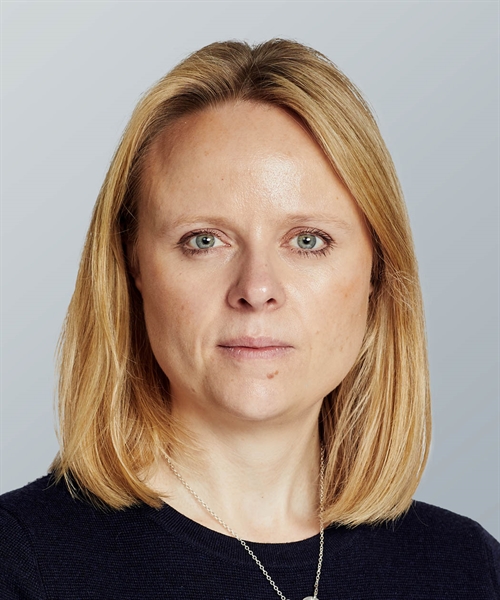Creating a mentally healthy workplace culture requires a mix of formal and informal approaches. Having the right support structures and procedures in place is essential but must be combined with an atmosphere and role-modelling of openness and disclosure.
“Only three years ago, we weren’t having conversations about mental health. People were suffering from mental health issues, but they just didn’t want to talk about them. I think there were a number of factors that prevented people coming forward. Perhaps they didn’t feel empowered to do so, they felt self-conscious, and worried about sort of showing a sign of weakness.
“Now it’s become a really strong focus for us; it’s one of our board’s key objectives and we have a mental health support structure in place. It’s a regular debate at senior level, and it’s filtering all the way down through the organisation.”
How did being part of the CMHA help that?
“Being part of the CMHA has made our discussions around mental health more credible. It’s an organisation in which we can learn from other organisations, and they can learn from us. We take away fantastic insights from the sessions, which we can then share more widely and use as a credible basis for discussion and decision-making. It allows us to go out to our colleagues and show this isn’t something that we’re just paying lip service to. This is something we truly believe in and have bought into.
“The Alliance has also helped us normalise mental health as a discussion topic. We ran ‘This Is Me’, a campaign where several people – senior people at first – came forward and shared their personal stories on film. We’ve also had colleagues interviewing partners, and they’ve talked about having days when you don’t feel confident, days when you doubt yourself.
“When colleagues hear senior people say these things, it really does encourage others to share and to be honest. It’s okay to have those days, it’s normal. No one is immune to these feelings.”
How is the workplace different now?
“Teams are now talking much more regularly about their own mental health conditions. It’s just really opened the doors for people to have those conversations in a much safer environment. Also, for me, one of the key things is that people come to me – as a mental health advocate – and say, ‘I’m worried about someone else’. People are really sharing concerns about colleagues, showing more support and kindness towards each other.
“We are still on a journey to improve mental health in the workplace. However, it’s just incredible, the change that we’ve experienced in such a short space of time. People feel so much more confident talking about mental health, and I think that has been the biggest game-changer.”





